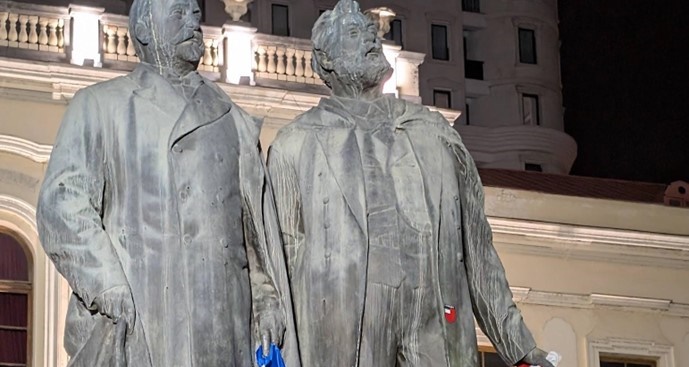
Trump Wants Greenland – Should He Take Entire EU, Too?
Trump has shocked Europe with his bold and unrelenting desire to seize Greenland as a US territory. Still, it should come as an even greater shock how little Europe had paid attention to this crucial landmass in the stage of newly emerging global conflicts. The Arctic has not weighed heavily in international relationships. However, with the ice melting, new trade routes are opening, and rich resources are becoming more easily accessible.











